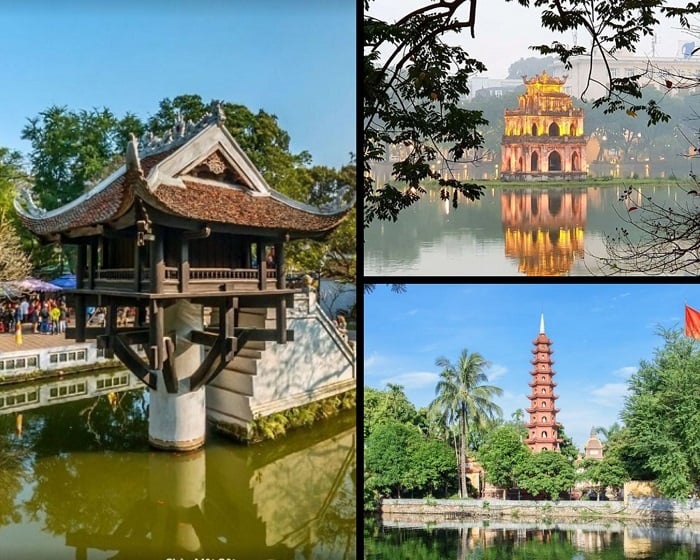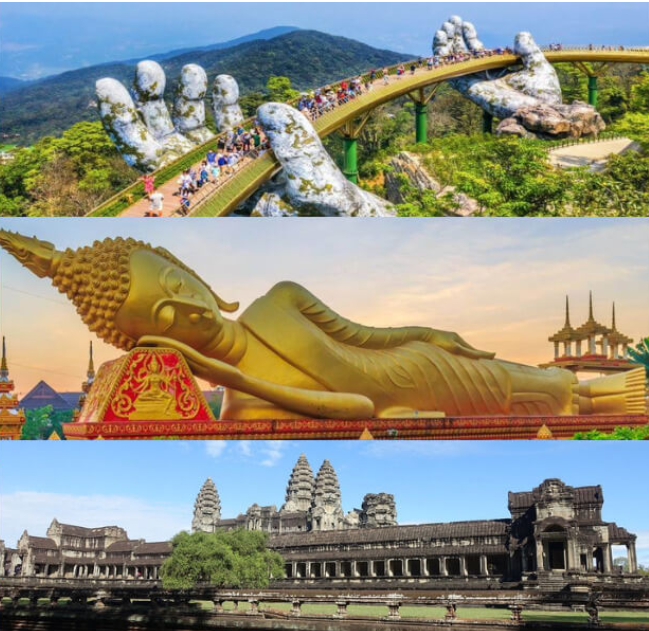Before the sun peeks over the horizon, the cruiser sets sail towards Kampong Tralach on the Tonle River. This part of the Tonle River is quite interesting to watch from the terrace as the river at certain points is very narrow. The boat glides through leafy swaths of this jungle-like landscape.
We reach Kampong Tralach, where laughing children wave enthusiastically at our arrival and traditional ox carts are still a common means of transportation. Our ox-powered vehicle takes us on a journey along the riverside and through back roads lined with rice-paddy fields until we arrive at a tiny village. Beginning a few short years ago, local underprivileged children have had the opportunity to receive an education at the “Green School”, a local project supported by Heritage Line. The students, who are dressed in green shirts, are always happy to meet us every week as the principal gives an introduction to the students and the school.
While we sail upstream, lunch is served and afterwards our crew displays a variety of traditional Khmer fashion locals wear on special occasions. Conversely, the Cambodian scarf, the Krama, is a garment worn by people of all ages and walks of life not just around the neck, but also as a bandanna, facemask, belt, swimwear, and even as a hammock to carry children.
Later in the day, the ship cruises along the narrow Tonle River towards the most fascinating cruising spot in Cambodia, Kampong Chhnang’s “water world”, where everything is balanced on sticks in water-rich soil. We take a local boat to the shore and hop on a mini bus to reach a nearby, unique rural village to explore the village’s specialties – Khmer style pottery and the process of making of palm sugar from the Cambodian “skor t’not” palm tree.
We drive back to the shore and taking the local boat back to the ship. In this area along the Tonle River local communities used to live along the shores on floating houses. Their inhabitants were Vietnamese descents who were expelled by the Khmer Rouge and returned after the ruling party was overthrown in 1979. As they had no land to settle on, they have decided back then to live “on the water” until only recently in 2021 the government relocated them on land.
Once we are back on board, relax until dinner is served and take in the beautiful countryside and its gentle evening sounds.



